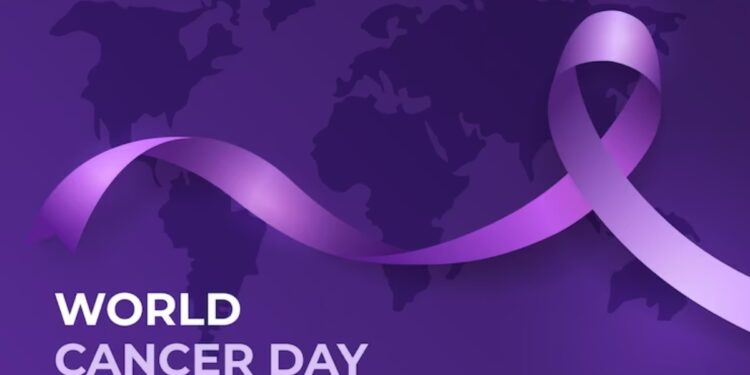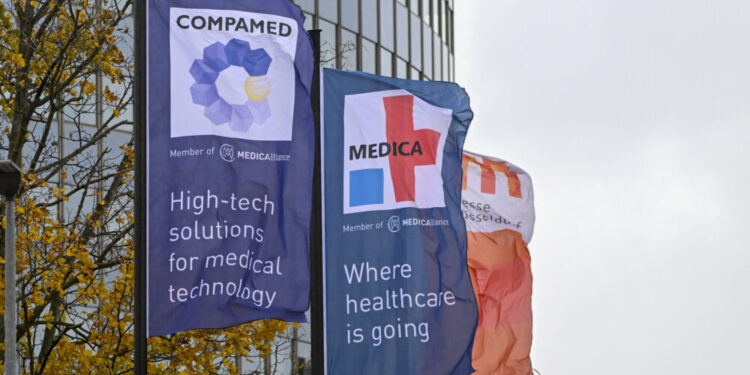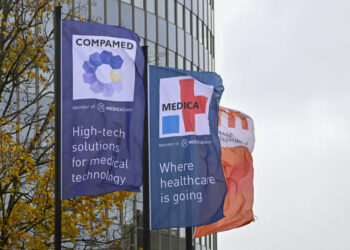Patricia McKnight
Nearly half of all deaths from cancer are caused by known modifiable risk factors, with smoking, alcohol consumption, and high body mass index (BMI) among the top three, notes the Union for International Cancer Control (UICC).
Contributing to the high BMI are products such as sugary drinks and ultra-processed foods, which the group maintains are — like tobacco and alcohol — potentially addictive.
For World Cancer Day today, February 4, the group is calling on governments across the globe to help prevent millions of avoidable cancer-related deaths by implementing policies targeting big companies that advertise alcohol and tobacco products, and ultra-processed foods.
All these products are marketed by companies whose corporate interests often outweigh concerns for global health, the group comments.
The UICC believes the companies promoting these products and unhealthy lifestyle choices should be held responsible and have hefty restrictions on marketing and selling.
“Millions of avoidable cancer deaths are caused by unhealthy products sold by heartless companies who interfere in policy debates and misuse science to secure a favorable commercial environment,” Cary Adams, the UICC’s CEO, lamented. “As we celebrate World Cancer Day, UICC stands ready to support governments in their efforts to limit people’s exposure to tobacco, alcohol, and ultra-processed food products.”
The UICC recommends a four-pronged approach to reduce the availability and consumption of unhealthy products that are linked to cancer-related deaths.
First, UICC recommends increasing taxation on tobacco and alcohol but also sugar-sweetened beverages like soda, juice, and energy and sports drinks. These sugary drinks are known drivers of obesity which in turn contribute to high BMI, a modifiable cancer risk factor.
The idea behind taxation on sugar drinks, referred to as sugar tax or soda tax, is that such a tax would help reduce the consumption of sugar akin to taxing cigarettes to reduce tobacco use.
“Many governments know that their populations are targeted by companies eager to sell unhealthy products but their ambitions to curtail these actions are often met with resistance from industry actors, including legal challenges to effective policy measures and legislation,” said Ulrike Årehed Kågström, president-elect of UICC and secretary general of the Swedish Cancer Society. “Opposition to a sugar tax by manufacturers of sugary drinks, stealing a page out of Big Tobacco’s playbook, is just one example among many.”
The second recommendation is to increase marketing limitations including age restrictions and reduced points of sale. The UICC referenced a United Kingdom government analysis that analyzed the impact of junk food advertisements on television before 9 PM. The analysis suggested that banning the ads would result in £1.9 billion ($2.3 billion US) in public health benefits with reductions in obesity-related ill health over children’s lifetimes.
The third policy recommendation is to enhance labeling which would impose warning and information labels. At present, only tobacco products carry health warnings. Efforts to introduce labeling about increased cancer risk on alcoholic beverages have been met with fierce opposition from the alcohol industry, as previously reported by Medscape Medical News.
The fourth suggestion is to run extensive public education campaigns to improve knowledge of risk factors, and further counter misleading advertising, market promotion, and policy interference.



















